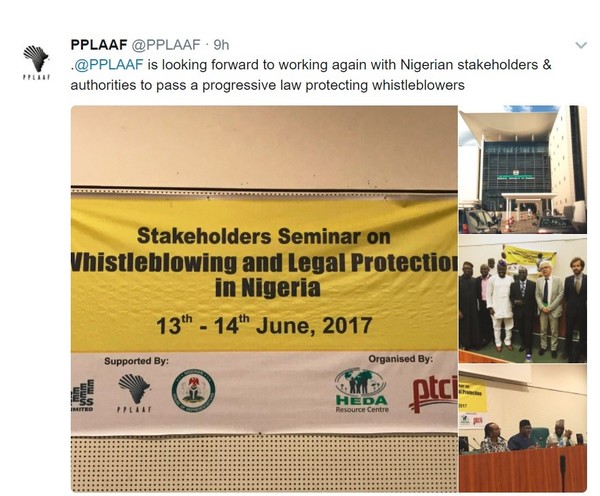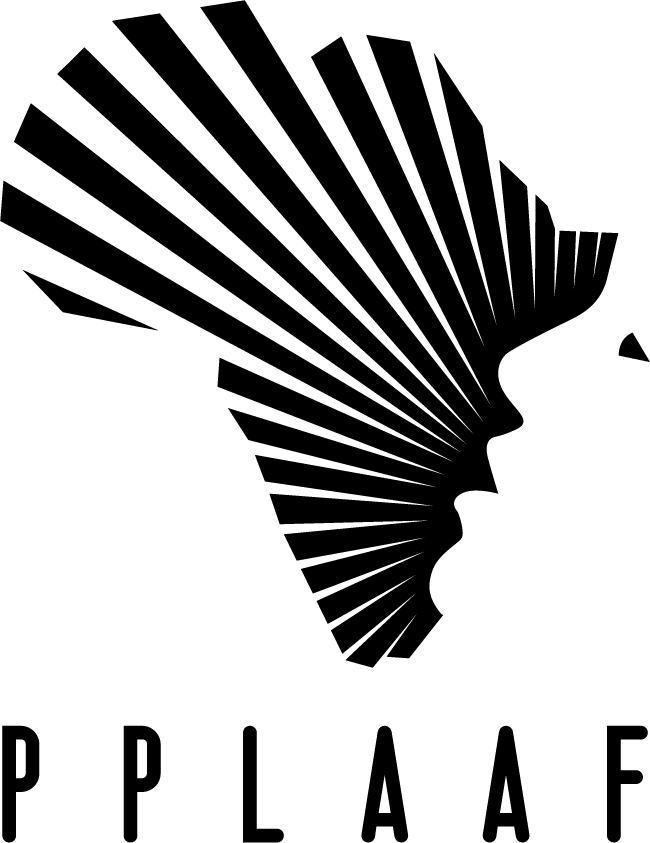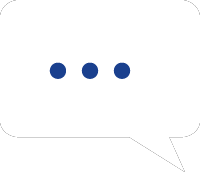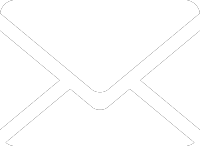(Abuja, June 15th, 2017) – Discussions conducted in the Nigerian House of Representatives between parliamentarians, stakeholders, civil society organizations and journalists are a genuine move toward adopting a progressive bill to protect whistleblowers, said PPLAAF (Platform to Protection Whistleblowers in Africa) today in Abuja.
Three representatives of PPLAAF were invited on June 13th and 14th by Honorable Kayode Oladele, Chairman of the House of Representatives Committee on Financial Crimes, and Olanrewaju Suraju, President of the HEDA Resources Center, to introduce to the audience the international guidelines to protect whistleblowers.
“I have the honor to express my profound gratitude to the participants who have deemed it fit to register their presence here today to contribute to the fashioning out of robust legal frameworks to shape Nigeria’s anti-corruption efforts”, declared Honorable Kayode Oladele at the opening of the seminar.
PPLAAF welcomes the efforts of the organizer of the conference and of the parliamentarians to have sought comments and expertise of the civil society organizations in order to draft a progressive bill before it being discussed by the House of Representatives.
“Rarely have I seen so much interest from so many diverse people into building an efficient bill to protect whistleblowers”, said William Bourdon, Chairman of PPLAAF. “The debates were of a very high level and PPLAAF teams are ready to support and help legislation aiming at helping these watchdogs of democracy who are desperately in need for help”.
PPLAAF has been working with Nigerian civil society organizations in drafting a whistleblower protection bill project. This project’s goals were to consolidate and merge two existing bills, to propose a largely amenable bill to respect local context, politics and environment and to elaborate a structure to protect whistleblowers which will not be capital intensive.
For PPLAAF, a genuine bill to protect whistleblowers must integrate the following fundamentals:
- Consider public and private sectors as well as the non-profit sector,
- Wide range of offenses that can be disclosed,
- Coverage for all types of “employees” and “workers”,
- Legal protection from all forms of retaliation,
- Access to secure internal and external disclosure channels,
- Follow-up investigation of disclosures and retaliation,
- Wide range of remedies for retaliation,
- Public access to case outcomes, process and data,
- Penalties for violations,
- Address disclosures related to national security, official or military secrets and classified information.
All these requirements were included in the bill drafted by PPLAAF. PPLAAF will keep on working with its Nigerian partners to insure, at every step of the legislative process, that they remain as such.
PPLAAF is a Senegalese NGO which was created in March 2017 to provide the full spectrum of needs catered specifically to whistleblowers: end-to-end encryption communication, free legal advice and legal representation, designed assistance with the press and research and advocacy to help authorities to adopt strong laws to protect whistleblowers.





